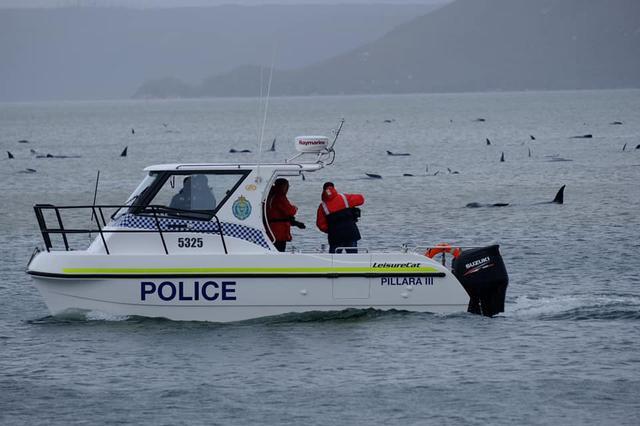×
The Standard e-Paper
Smart Minds Choose Us

Rescuers were trying to refloat hundreds of whales stranded on a sandbar off the remote west coast of the Australian island of Tasmania on Tuesday, hoping to end one of the country’s worst beaching events.
Government scientists estimated about 90 of around 270 pilot whales trapped in shallow water had died since the stranding was reported a day earlier